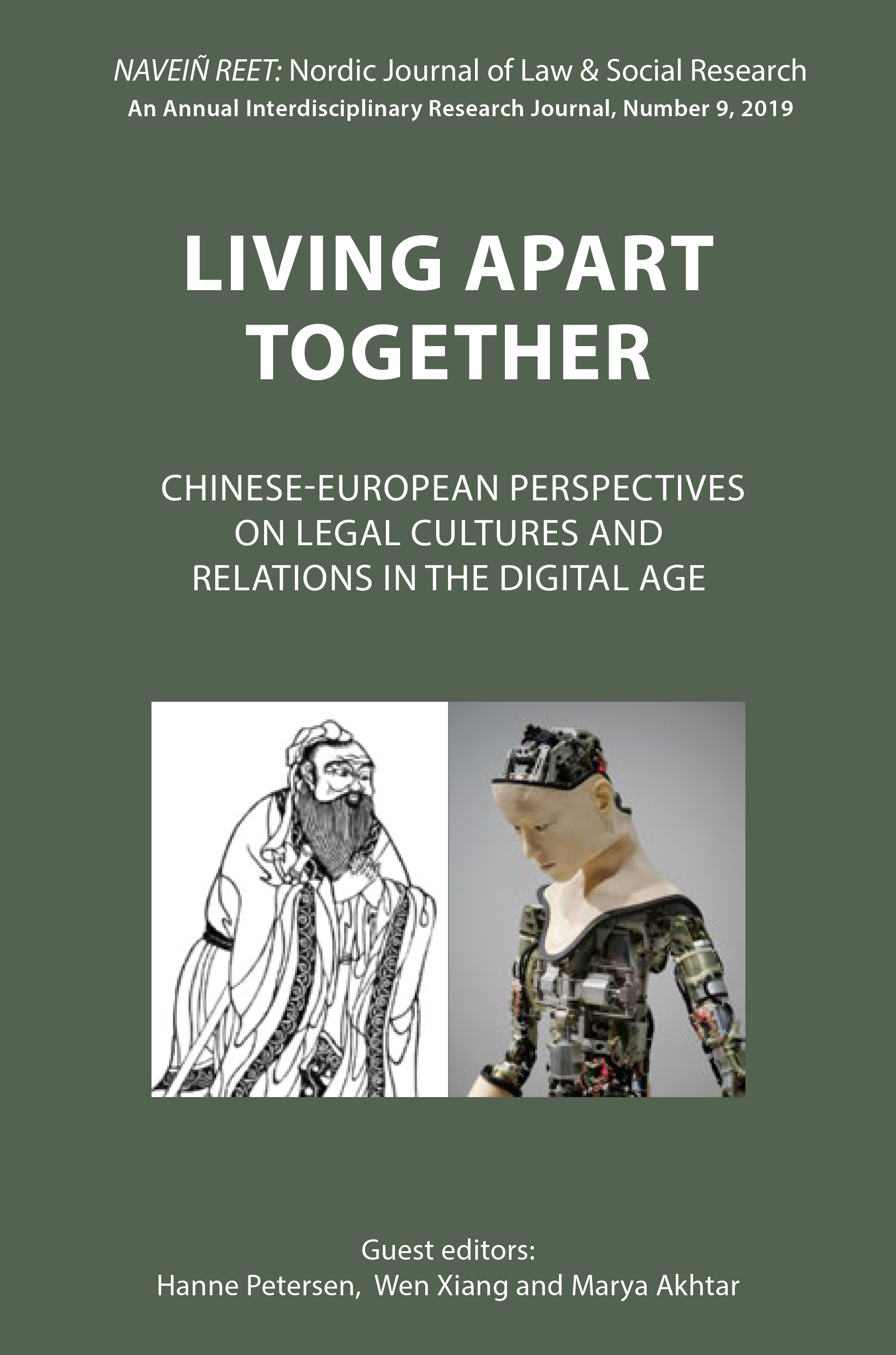Predictive Policing in China
An Authoritarian Dream of Public Security
DOI:
https://doi.org/10.7146/nnjlsr.v1i9.122164Resumé
China’s public security forces are employing more and more technology in their push for an ‘informatization (信息化)’ of their police work. The application of analytical techniques for solving past crimes or preventing future crimes based on big data analysis is thereby a key component of China’s approach for technology-led policing. China’s holistic policy approach for the purpose of maintaining social stability that is encompassing an ever-growing range of societal issues, the vast investments of its police forces in new technologies and its paramount objective of security, that clearly supersedes inter alia concerns of privacy or transparency, may be considered extremely conducive to the establishment of effective predictive policing in China. This paper however argues, that the application of predictive policing in China is heavily flawed as the systemic risks and pitfalls of predictive policing cannot be mitigated but are rather exacerbated by China’s approach towards policing and its criminal justice system. It is therefore to be expected that predictive policing in China will mainly be a more refined tool for the selective suppression of already targeted groups by the police and does not substantially reduce crime or increase overall security.
Downloads
Publiceret
Citation/Eksport
Nummer
Sektion
Licens
Counting from number 12 (2022), articles published in NNJLSR are licensed under Attribution 4.0 International (CC BY 4.0). Readers are allowed to copy and redistribute the articles in any medium or format, to adapt and revise the articles, and use the articles for commercial purposes, provided that the readers give appropriate credits.
No Creative Commons licenses are applied on articles in number 1 (2009)-11 (2021). All rights reserved by the authors. Readers are allowed to download, read, and link to the articles published in volume 1 (2009)-11 (2021), but they may not republish or redistribute these articles without permission of the authors.

